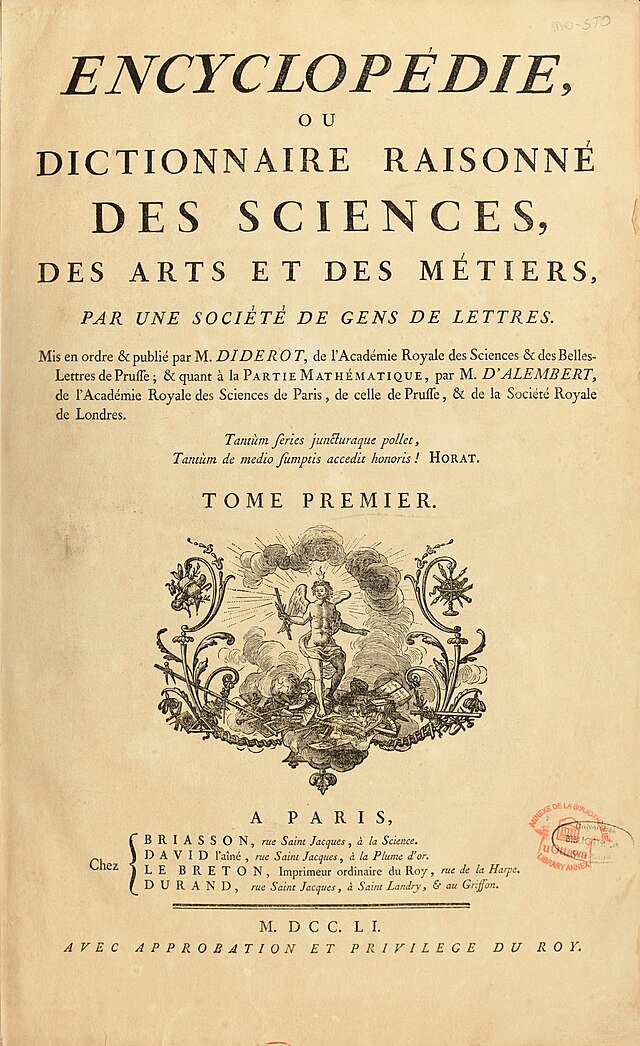
In 2011 Steven Pinker wrote a book called "The Better Angels of Our Nature" which might put us crime-writers out of business. Why? Because the subtitle is "Why Violence Has Declined." It's a huge book - over 700 pages - and chock-full of statistics and historical evidence for a dramatic decline in little things like murder and assault. And if you haven't read it, it's worth a read. That, or check out my book report:
Basically, Pinker's argument is that violence has not only been in decline over the last five hundred years, but that the present is probably the most peaceful time in the history of the human species. The decline is enormous and widespread, including declines in war, homicide, genocide, torture, criminal injustice, as well as the treatment of animals, children, women, homosexuals, and racial and ethnic minorities. He stresses that "The decline, to be sure, has not been smooth; it has not brought violence down to zero; and it is not guaranteed to continue." In other words, enjoy it while it lasts, and work hard to keep it going.
Pinker admits that humans, like any animal, are always capable of violence, especially if there's a fight for survival. But he says there have been some historical forces that have changed the dynamic to make us less violent:
 |
| From "L'etat, c'est moi" |
 |
| To Parliamentary rule |
The Leviathan - It used to be, up until the 1600's, that justice was a local affair. When
"l'etat, c'est moi" was the rule, the only thing
l'etat, i.e., the king, did for his people was make war, take their money, and occasionally "touch" them for scrofula.
There were no police, and only the wealthy had bodyguards or a hearing from the king. For the rest of the population, well - the circuit court came once a year, and the rest of the time you were on your own. The trouble was that, if the state provides no services, the state gets no loyalty, and the bodyguards were really private armies.
So, with the rise of the modern nation-state with parliamentary monarchies and rising democracies - and with the rise, let it be faced, of gunpowder and guns - states decided that only the state should have "a monopoly on the legitimate use of force". In order to do this, though, the state had to
actually provide justice on a regular basis, so that people would give up their need for private revenge, protection, justice, etc. and trust that the state would take care of that for them.
 |
| Cato the Elder |
Commerce - Increased trade led to (1) seeing at least some foreigners as human and (2) made people more important as customers than as slaves. Let's never forget the immortal words of Cato the Elder, 234-149 BCE, who said that it was better and cheaper to work slaves to death and buy more than to treat them decently. These were words to live by for many a slave-holder and, later, many a serf-holder as well. (There's more to the joke in Gogol's masterpiece
Dead Souls than first meets the eye.) And slavery, followed by serfdom, was the norm for many thousands of years. But, finally, as slavery came to a slow end, and people had money, war as total conquest became inefficient. (Actually, when Hitler said that he was only interested in other peoples as they became slaves for the German culture, besides being a megalomaniac, he was strongly out of touch with economic fact.) In other words, rather than conquering a country militarily (which costs money) the idea was to conquer a country with trade goods (which made money). At long last, people - as consumers, factory hands, and tax payers - were worth more alive than dead.
 |
| Fragonard - "A Young Girl Reading" |
Feminization - Basically, random and/or extreme violence has always been mostly the preserve of men. Women have generally been the civilizing force in societies, because they want more than to hide in the basement while the houses burn. Women want education and clean clothes, culture and good food, and safety for their children. All of these things flourish better during peace than war. As societies show greater respect for "the interests and values of women" things get better, more peaceful, more prosperous, as a whole. Ironically, we're currently trying to masculinize women both in business and entertainment, where the ideal woman is now presented as a slim, beautiful, brilliant, athletic ninja warrior. Even though no one can achieve this (outside of the movies), this "ideal" may not a good thing.
Cosmopolitanism - Basically, it's easy to hate what you don't know, the foreign, the alien. But, as literacy and mobility increased, and mass media rose to entertain and educate that literate mobile population, people's sympathy and empathy expanded to embrace different ideas. There was a recent study that showed that the more fiction a person read, the more empathetic they were. Because fiction (in any form) lures you into stepping into someone else's shoes - and the next thing you know, you no longer want to hurt, maim, torture, or kill people who are different from you. It really works.
The Escalator of Reason - Calling on people to apply knowledge and reason to government, politics, economics, etc., can, "force people to recognize the futility of cycles of violence, to ramp down the privileging of their own interests over others', and to reframe violence as a problem to be solved rather than a contest to be won." In other words, if you can get people to stop reacting emotionally and instead think rationally about how to handle conflicts, they usually step back from violence and start trying to negotiate their way.
SIX HISTORICAL TRENDS
The Pacification Process - Pinker describes this as the transition from "the anarchy" of hunter/gatherer/herder societies, which are largely honor societies, to the first agricultural civilizations, which are more apt to be based on law. The trouble with honor societies is that they are "touchy" - easily led to duels and honor killings, which can travel down the generations in cycles of revenge. (My rebuttal: law-based societies can fight wars till the cows come home, too.)
 The Civilizing Process of the Leviathan
The Civilizing Process of the Leviathan - see above.
The Humanitarian Revolution - During the 17th and 18th centuries, i.e., the Age of Reason and the European Enlightenment, came the "first organized movements to abolish slavery, dueling, judicial torture, superstitious killing, sadistic punishment, an cruelty to animals, together with the first stirrings of systematic pacifism."
The Long Peace - After WW2, the Western World (by and large), stopped waging war on each other. (My rebuttal: At least directly. Let's not forget proxy wars...)
The New Peace - Since the end of the Cold War in 1989, there has been a decline of organized conflicts everywhere. (My rebuttal: More terrorism, less outright war.)
The Rights Revolution - Post WW2 increase of human rights for all.
FIVE INNER DEMONS
 |
"Murder in the House" -
Jakub Schikaneder |
All of that's great news, but Pinker is no fool about the dark side of human nature. He says that humans have five inner demons. These come from a lot of psychological and sociological studies that basically say that violence comes in certain specific forms with certain specific triggers. BTW, I totally believe this; just as I think we should be studying successful marriages rather than divorce (which is always depressingly the same), I think we should be studying peaceful societies and peaceful periods rather than violent societies and wars. Anyway, here's the list:
Predatory or Practical Violence - Because it's there and you want it. Greed, gluttony, lust.
Dominance - the "urge for authority, prestige, glory and power"; at any level, even the most minor.
Revenge - self-explanatory.
Sadism - thankfully, far rarer than our societal obsession with serial killers would lead one to expect.
Ideology - "a shared belief system, usually involving a vision of utopia, that justifies unlimited violence in pursuit of unlimited good." Or, as Peter Finley Dunne put it back in the early 1900s, "A fanatic is a man that does what he thinks the Lord would do if He knew the facts of the case." Like behead people.
FOUR BETTER ANGELS
But lest we be too discouraged, there are "four better angels" that "can orient us away from violence and towards cooperation and altruism":
Empathy - Read more fiction.
Self-Control - There have been scientific studies of nursery school children - offered 1 marshmallow now or 2 if they could wait 15 minutes - that those who were able to wait showed later in life significantly "better life outcomes" of all kinds.
The Moral Sense - Pinker admits these can cut both ways, either to govern a culture extremely well OR lead to increased violence when a set of moral norms are designed to keep people unified through fear.
Reason - Pinker is very big on reason. I am, too, but then, I'm Greek.

Anyway, while we SleuthSayers are never likely to be put out of business, it's still nice to know that education, cooperation, and societal change have made - and hopefully, will continue to make the world a more peaceful place.













